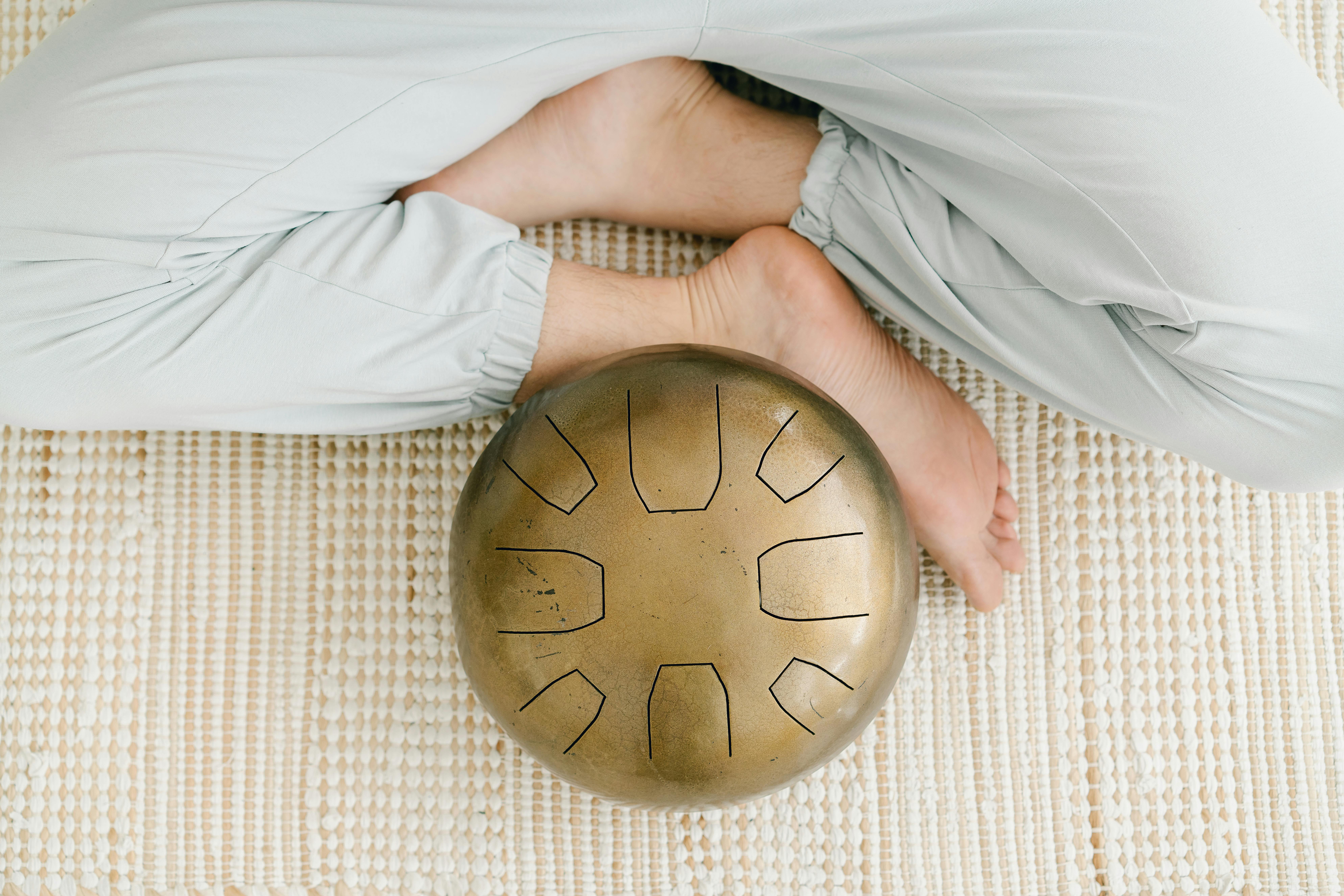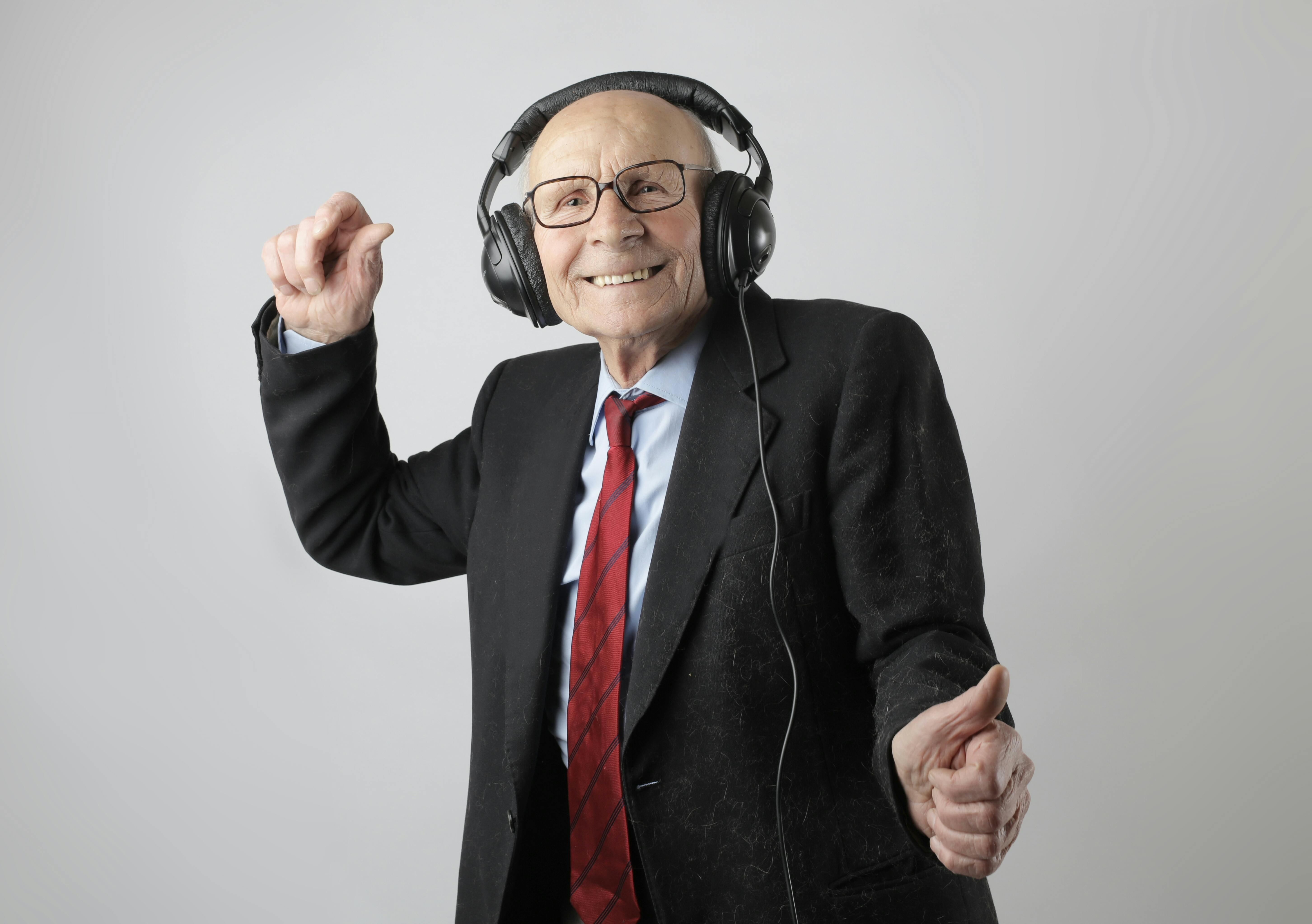In this article, you will learn about two breathing mistakes that you are probably making that are causing chronic stress on your body, lowering your mental alertness, and leading to a host of health problems. You will also learn a simple remedy. It’s so easy that you can put it into practice while reading this.
Have you paid close attention to the way you breathe? Maybe you did it during meditation, in a yoga class, during exercise, or when you were congested. However, for the most part, you probably take your breath for granted. It’s something your body does naturally, on its own, without your conscious participation. That’s good, and amazing, how your body takes care of itself without you having to pay attention to this basic life-sustaining action.
On the other hand, your body can slip into bad breathing habits, and this prepares you for:
• anxiety,
• insomnia,
• brain fog,
• asthma,
• inflammation,
• hypertension,
• heart disease,
• COPD,
• weight gain,
• indigestion,
• chronic low energy …
Two breathing errors
Did you know that your body can be making two breathing errors without you knowing? These mistakes can lead to a host of seemingly unrelated symptoms, including anxiety, insomnia, mental confusion, asthma, inflammation, hypertension, heart disease, COPD, weight gain, indigestion, and chronic low energy. Do you suffer from any of these? If you haven’t already done so, would you like to prevent them?
The two mistakes are “mouth breathing” and “breathing too much.” By mouth breathing I mean inhaling and / or exhaling through the mouth and by overbreathing I mean breathing too much or breathing too much.
Now this may seem counterintuitive. Aren’t you supposed to take a deep breath and exhale through your mouth to release carbon dioxide? In yoga class, you may have been told to take a “cleansing breath” in which you exhale forcefully through your mouth to release tension. Aren’t these good ideas?
It turns out that, as usual habits, they are not healthy. Here’s why: When you breathe out through your mouth regularly, you breathe out too much carbon dioxide. Breathing too much and too often aggravates the situation.
Why is this a problem?
It turns out that having a certain level of carbon dioxide in the blood is necessary for the discharge of oxygen from the blood to the cells, as well as for the dilation of blood vessels and airways, and the regulation of body pH. (Source: “The Oxygen Advantage”, by Patrick McKeown, 2015, p.28). Carbon dioxide is necessary to ensure that the oxygen you inhale reaches your cells. Without enough carbon dioxide in your system, your body runs out of oxygen.
When your body feels like it is starved of oxygen, it indicates more overbreathing and more mouth breathing, which makes the problem worse and eventually leads to all of the health, energy, and mental acuity issues listed above.
(For more information and research on this topic, I highly recommend Patrick McKeown’s “The Oxygen Advantage.” He travels the world to educate physicians, athletes, and patients on these respiratory errors and offers a simple remedy and series of exercises. to put it into practice.)
The remedy
So what is the remedy?
Nasal breathing and smooth full breathing. Nasal breathing means inhaling and exhaling only through the nose. Smooth, full breathing means inhaling only the amount of air you need and allowing the breath to completely fill the lungs from the bottom up.
Nasal breathing is important for a number of reasons. First, inhaling and exhaling through the nose warms and clears the air as it enters and clears the nasal passages as it leaves. Second, nasal breathing stimulates the production of nitric oxide, which dilates the blood vessels and airways allowing more blood and oxygen flow.
Nasal breathing also limits the release of carbon dioxide, thus retaining more CO2 in your system. CO2 stimulates red blood cell production and is necessary for oxygen-carrying red blood cells to release oxygen to your cells. The end result is an increased supply of oxygen to the entire body.
Practice
To practice nasal breathing, simply close your mouth while breathing. You can start doing this right now as you read.
You can practice allowing your breathing to be smooth and full by placing your hands on your abdomen and chest and noting a slight expansion of your abdomen and then your chest as you inhale. Apply light pressure with your hands to stimulate your breathing to be full, but minimal. This will ensure that you are breathing deeply, but not excessively.
Once you are comfortable practicing full, gentle nasal breathing sitting down and relaxing, try it while you go to sleep. (McKeown actually has his clients tape their mouths shut during sleep to reset their bodies to nasal breathing.) Finally, give it a try while walking, then try doing it during a more vigorous exercise. This will take some practice and should not be forced. Allow your body to gradually acclimate to nasal breathing through constant progressive practice.
My experience
I learned this style of breathing in Qigong meditation years ago, however, until I read McKeown’s book, I was unable to apply it more widely. As a result, I was a person who breathed heavily and breathed through my mouth for years. In my fifties, this led to trouble sleeping, low energy, more pain, tension, and inflammation in my body, and trouble catching my breath during exercise. I noticed that he was sighing, yawning, and breathing very deeply. My metabolism was also slowing down and I was feeling colder. These are all signs of chronic mouth breathing and excessive breathing.
When I initially tried to breathe through my nose during exercise, I had to reduce the intensity of my exercise to about 50%. It took me about 3 months to re-train my body to breathe through my nose with its full intensity. Your body takes time to get comfortable with more carbon dioxide.
Now, I am breathing nasal all the time and I notice that I have much better energy, I generally sleep better, my exercise is stronger, and my meditations are deeper. I am more relaxed and at ease during the day. My head is clearer, my body is warmer, and I have far less aches and pains.
I encourage you to experiment with smooth, full nasal breathing and see what it can do for you.










